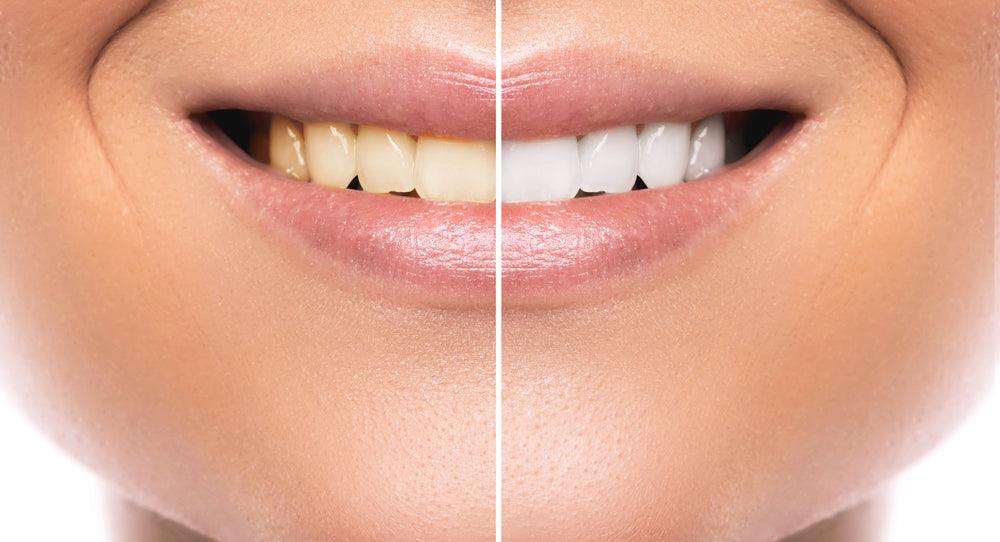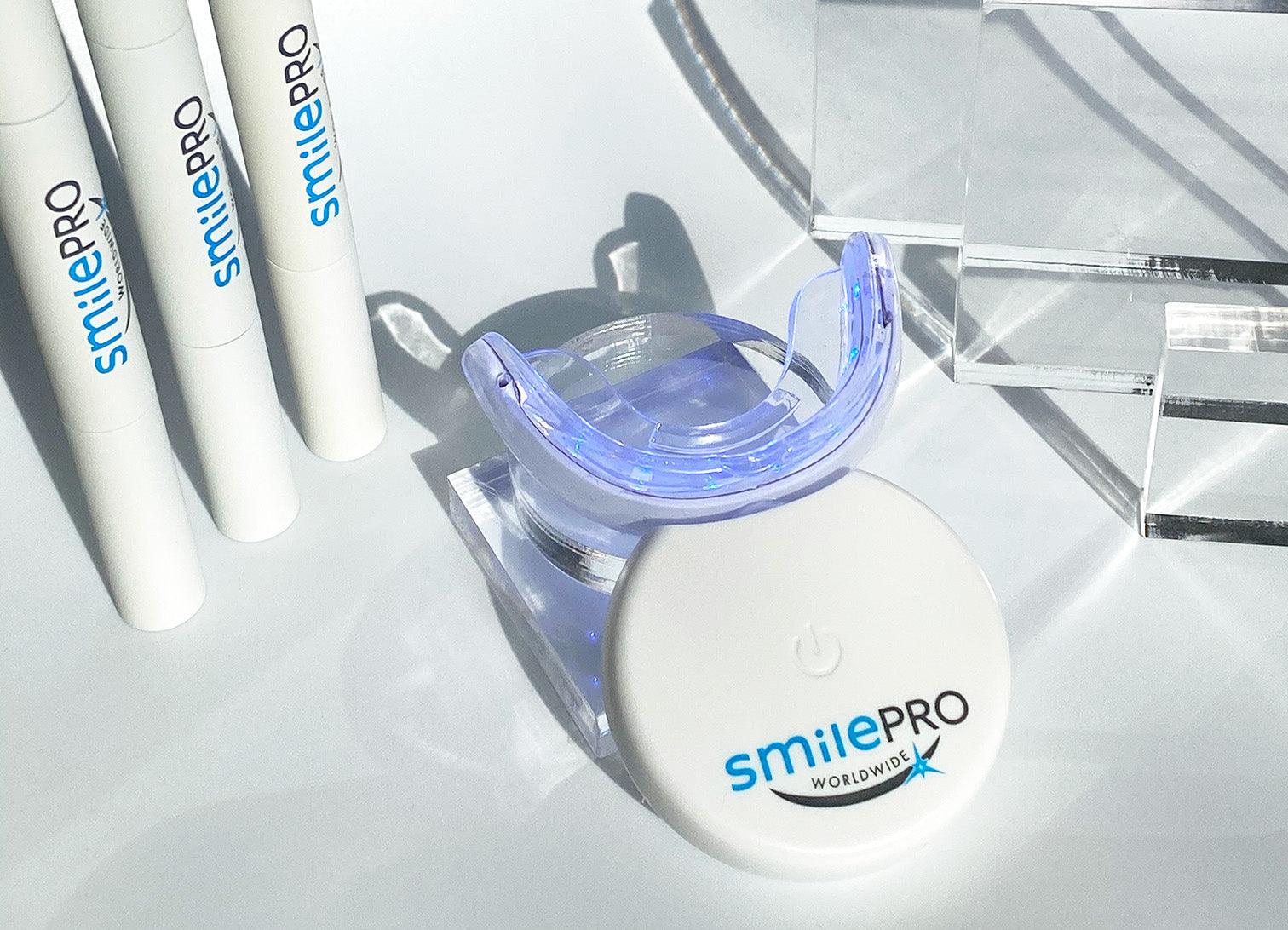Maybe you’ve made the decision to get your teeth whitened. Or perhaps you’re still deciding whether it’s something you’d like to do.
Either way, you’re probably surfing the web looking at the teeth whitening options available to you.
The good news? There are plenty to choose from. But with so many different procedures on offer, how do you choose the best teeth whitening method?
Knowing essential details such as the teeth whitening cost and the kind of results attained from different treatments will help you decide.
Whitening Strips

How teeth whitening strips work:
Teeth whitening strips work by applying strips containing bleaching agents along the teeth. They need to be worn for approximately half an hour every day for two weeks. Some strip brands dissolve without needing to be removed.
Pros of teeth whitening strips:
- Whitening strips are affordable and will cost you between $20-$60
- They're easy to purchase from your local supermarket or chemist
- They contain a low amount of bleaching agent, which is ideal for those with sensitive gums.
Cons of teeth whitening strips:
- The strips only whiten what they touch, so they will miss the crevices between teeth
- It takes a significant amount of time to see results
- They are quite mild in comparison to other treatments and may take up to 2 weeks to turn your teeth a single shade lighter.
Whitening Mouthwashes

How whitening mouthwash works:
Specialised whitening rinses are usually made up of a solution containing a low concentration of hydrogen peroxide. They’re generally recommended to be used twice a day after brushing. All you need to do is swish the solution around your mouth for about 60 seconds.
Pros of whitening mouthwash:
- Whitening rinses only require a couple of minutes per day to work
- The rinses are generally gentle on the tooth’s enamel while also working to strengthen it
- They eliminate bad breath.
Cons of whitening mouthwash:
- They’re not the most effective teeth whitening treatment as the solution only has a short amount of contact with your teeth
- It can take up to 4-12 weeks to see results
- The solution may cause irritation due to its high alcohol content.
In-Chair Dental Whitening

How in-chair dental whitening works:
This requires a single visit to the dentist for an in-chair teeth whitening treatment that takes about an hour. The procedure includes the application of a whitening gel used in conjunction with a UV lamp.
Pros of dental whitening:
- It produces instant results
- It’s performed in a controlled environment with all necessary safety features in place for safe application
- In-office treatments are convenient for those who don’t have a lot of time.
Cons of dental whitening:
- The cost can be prohibitive, hovering around the $700-$1,200 mark
- Results will vary depending on factors such as age, and not everyone is a suitable candidate
- The process isn’t permanent (it typically lasts up to two years) and usually needs follow-up maintenance at home.
At-Home Teeth Whitening Kit

How at-home teeth whitening kits work:
Though kits vary by brand, SmilePro Worldwide's teeth whitening kit includes a mouth tray, whitening gel, and an accelerator light. The light is attached to the mouth tray, which is applied with gel and worn for 10-30 minutes a day for at least 7 consecutive days.
Pros of teeth whitening kits:
- At-home kits achieve professional teeth whitening results in your own home
- They can make your teeth 8 shades lighter after 7-12 applications
- The teeth whitening cost of DIY treatments is significantly cheaper than in-chair applications.
Cons of teeth whitening kits:
- They require a window of time every day for 7-12 consecutive days to be effective
- The quality of a kit will vary depending on the brand, so check reviews to ensure you get the best teeth whitening kit available
- Teeth that are deeply stained dark grey, brown or black might not achieve the desired shading result.
If you’d like to buy the at-home teeth whitening kit, check out SmilePro Worldwide. Completely safe and with results guaranteed, the kits will help you achieve a pearly white smile in the comfort of your own home.



